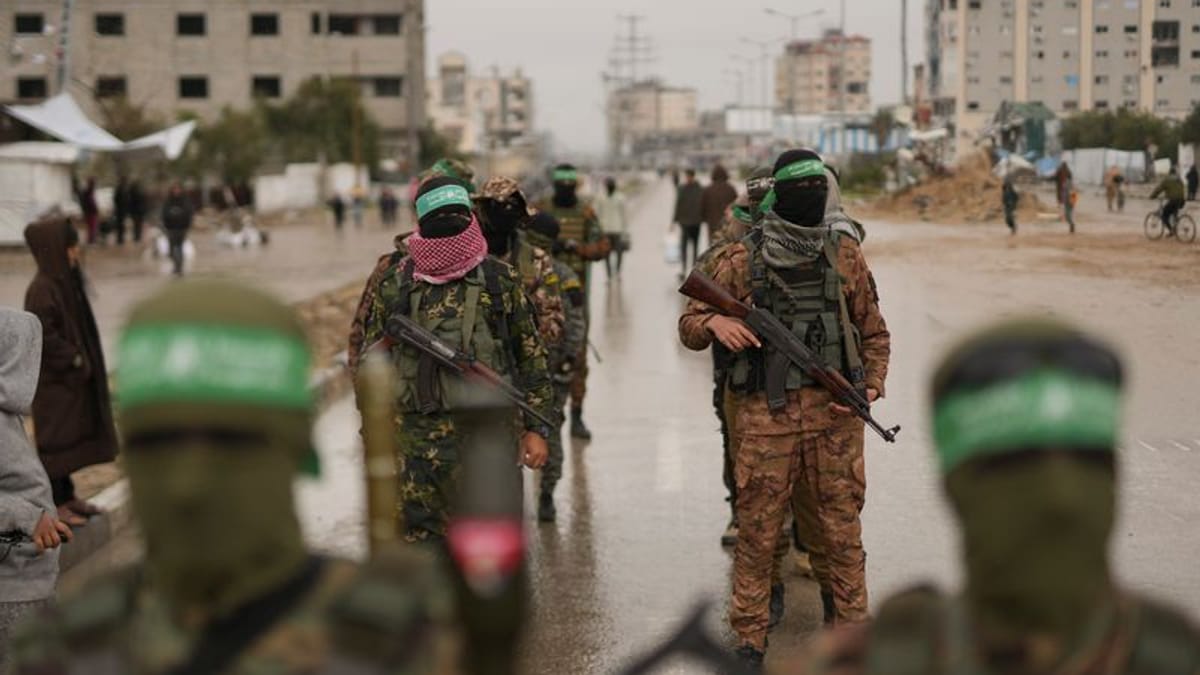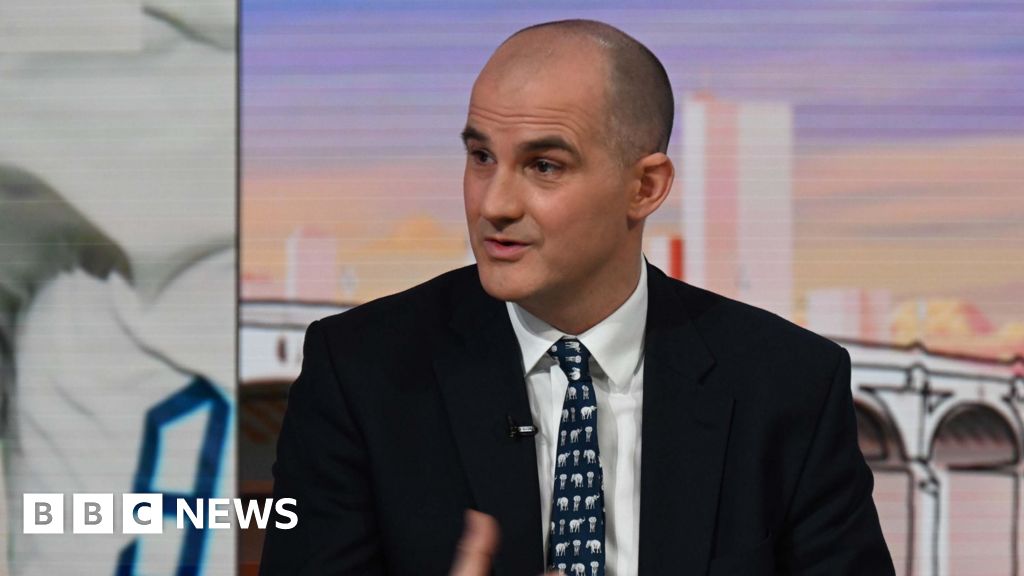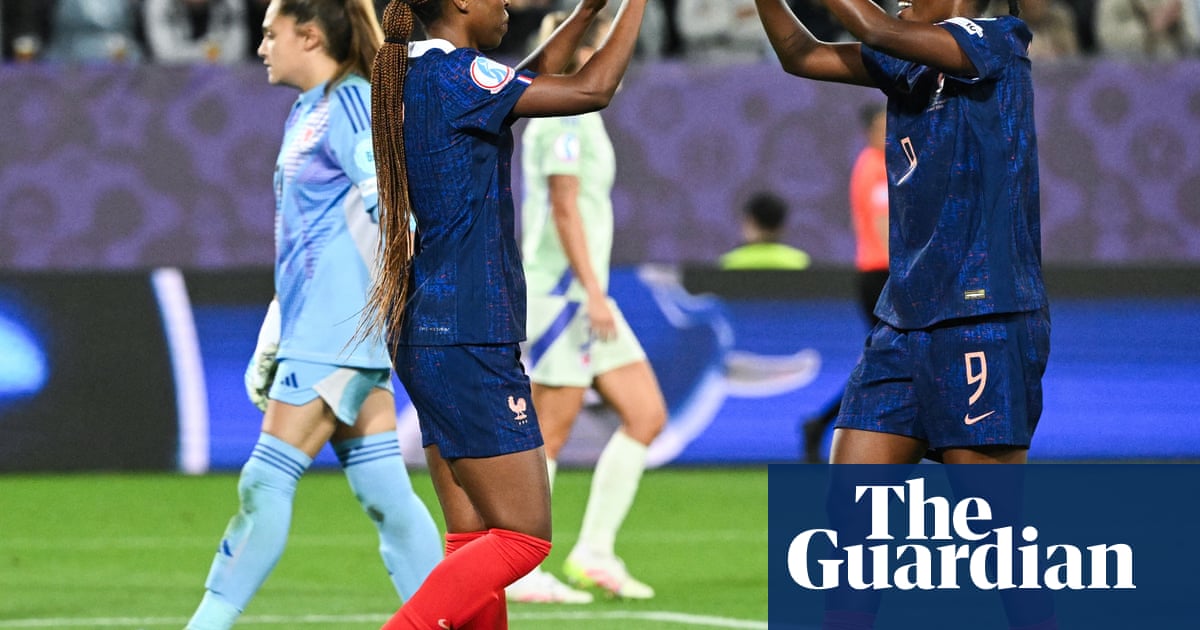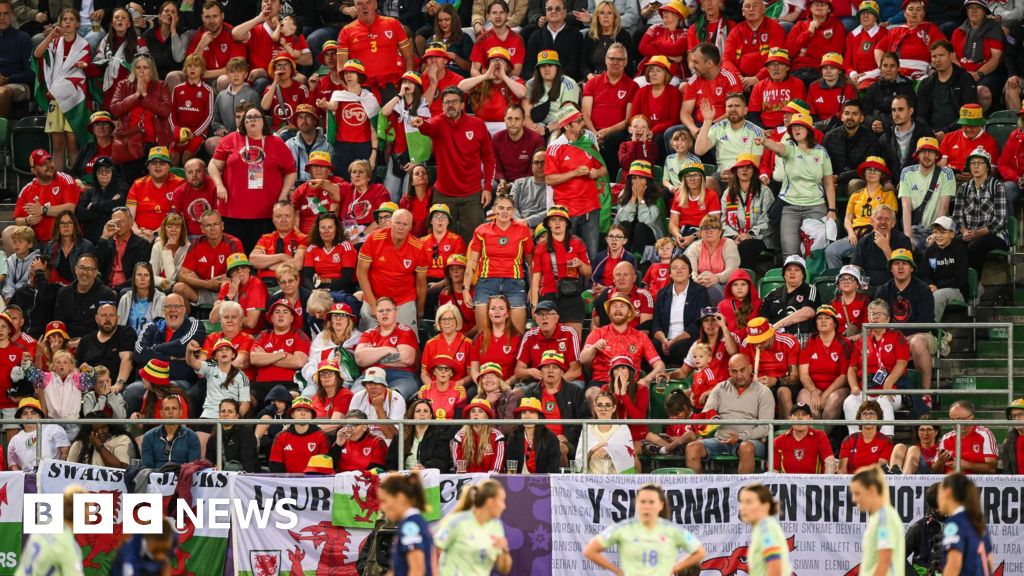PROTECT YOUR DNA WITH QUANTUM TECHNOLOGY
Orgo-Life the new way to the future Advertising by AdpathwayHours after the US launched strikes on Iranian nuclear sites early Sunday morning, Iran’s Foreign Minister Abbas Araghchi announced that he would hold “serious consultations” with key ally Vladimir Putin at the Kremlin on Monday.
"In this new dangerous situation ... our consultations with Russia can certainly be of great importance," Russian state media reported Araghchi as saying after landing in the Moscow on Sunday night.
As the two men met face to face, Putin condemned the "absolutely unprovoked aggression against Iran" from the US and said that Russia was "making efforts to provide assistance to the Iranian people".
But even as the Kremlin denounces the attacks on its long-term strategic ally, a continued conflict brings potential opportunities for Russia.
Iran announced on Sunday it would close the Strait of Hormuz, a water passage on Iran’s south coast through which around one-fifth of the world oil trade passes. Doing so is likely to send global oil prices soaring, giving a boost to Moscow’s sanctions-hit economy.
Read moreRussia warns US against 'military intervention' in Iran-Israel war
But most importantly for Russia, while the US – and the world – has their eyes trained on Israel and Iran, Putin’s war in Ukraine has slipped down the agenda.
The United States becoming embroiled in a prolonged conflict could also have a material impact on Ukraine’s future defence capabilities.
US President Donald Trump has not clarified whether he intends to continue attacks on Iran. But supporting Israel in the long term may well mean that “the US will have to provide Israel with missiles, air defence and interceptors”, said the International Crisis Group’s senior Russia analyst, Oleg Ignatov.
“That means these will not go to Ukraine and, of course, that is in Russia’s interest.”
There are also the moral implications of the US joining an attack on Iran under the shaky legal pretext that it was a pre-emptive act of self-defence – the same justification that Western leaders have denounced Putin as using for invading Ukraine in 2022.
In the longer term, if the US becomes involved in another “unwinnable Middle East war, then that actually hastens America's decline that President Putin has now been predicting for years”, said Kadri Liik, senior policy fellow at the European Council on Foreign Relations and an expert on Russia.
‘Performative diplomacy’
The deputy chair of Russia’s Security Council, Dmitry Medvedev, on Sunday even hinted at an Iranian nuclear retaliation against the United States, backed by Russia. Trump had “pushed the US into a new war” in which “a number of countries” were ready to “directly supply Iran with their own nuclear warheads”, he wrote on social media.
But such a step seems unlikely.
While Iran has supported Russia’s war in Ukraine by providing drones and other military equipment, so far the Kremlin has offered no military help to Iran – despite a sweeping strategic partnership agreement signed just months ago in which the two countries agreed to help each other counter common "security threats".
Read moreUkraine faces new Russian threat from Iran-made ‘kamikaze’ drones
As long as Russia’s military resources are concentrated in Ukraine, Putin seems to have little appetite for conflict in Israel and Iran and has pitched himself as an informal peace broker – while rejecting the possibility of acting as an official mediator.
"We are simply suggesting ideas … if they turn out to be attractive to both sides, we will only be happy," he said when discussing the conflict at an economic forum in Saint Petersburg on Friday.
Realistically, the Russian leader holds little influence over outcomes in Israel or Iran. “Russia is not strong enough to shape the new order emerging in the Middle East, and maybe not best positioned to gain from it,” said Liik.
But that doesn’t mean he won’t try. “Putin is very tactical, and he will try to make gains from the situation,” Ignatov said.
One best-case scenario for Russia is a short-term conflict in which the Kremlin offers what limited military defence it can currently provide to Iran in exchange for a pledge from Tehran to avoid striking US bases in its proximity.
Such an arrangement would both increase Iran’s reliance on Russia and ward off the risk of a spat with the US. “Russia can say it doesn’t want escalation, but it is ready to help Iran and defend itself. That seems logical,” Ignatov said.
It would also be an extension of what Liik calls Putin’s policy of “performative diplomacy” towards the United States while he pursues his own goals in Ukraine.
“Russia pretends to be helpful, it pretends to be engaged in diplomatic processes … while not actually giving in an inch on their maximalist demands and playing for time,” she said.


 2 weeks ago
2
2 weeks ago
2










 English (US) ·
English (US) ·  French (CA) ·
French (CA) ·  French (FR) ·
French (FR) ·